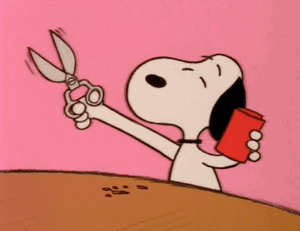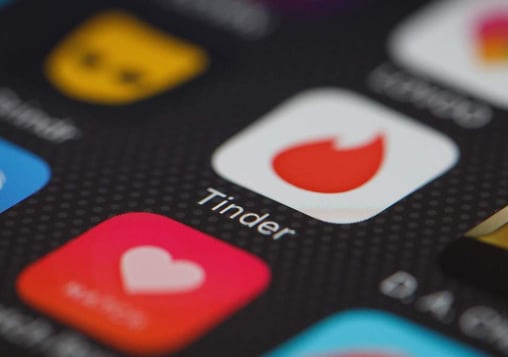Dating apps are changing the ways we meet new romantic partners. Whether you’ve succumbed begrudgingly or gleefully, millennials on average spend 10 hours a week swiping and chatting on online dating apps. We know that recommendation engines are keen to predict relationships and anticipate breakups, so that they can send you ads for spa days and ice cream. But how exactly do dating apps figure you (and your preferences) out? We did a deep dive into the (publicly available) facts and are here to help.

Your Ranking
At least on Tinder, each user has an Elo score that attempts to capture “desirability.” Each time you swipe left or right, you are making a claim that this user is less or more desirable. This doesn’t take into account your overall feelings on selfies or pictures of someone holding a fish, it’s purely a “wisdom of the masses” affair.
Your activity influences your score as well. If you go on the application more often, swipe more, and message first, you are a more attractive user because you increase app engagement. While this has little to do with how desirable you are in person, since it improves the experience of others on the app, it makes you desirable.

Your matches
It takes time and energy to swipe enough to keep your score high. Which is why paid services are focusing on exclusivity to make the process a little less painful. Tinder offers its “Top Picks” program to paid subscribers, that curates an ideal list of candidates so you don’t need to swipe through all of Brooklyn to find the right person. Yet this feels a bit disingenuous; if the apps have better metrics on who the “right” people are for you, why aren’t they sharing them? It’s ultimately a gamble to trust important life decisions (your taste in food, your romantic interests) to companies that are not invested in you since you aren’t paying them to help make ends meet. So even if you want to find love, the apps might not quite help you do it.
Planned obsolescence, sort of
Dating apps benefit more if you don’t find a committed relationship and instead engage in serial flings, as you are more likely to keep using their app. So it makes sense that they want to be accurate enough that you’re engaged, but not so precise that you find your soulmate and delete the app. So how can you beat the system and find The One? Since there’s essentially a dating app monopoly, trying a new app on for size may not make things much better. All you can do is swipe and swipe again.





